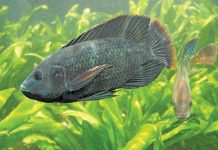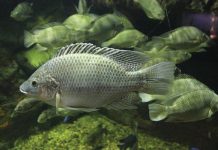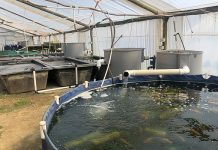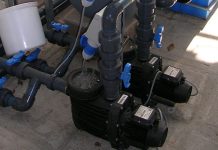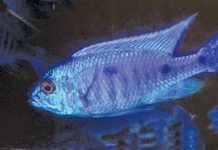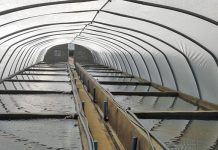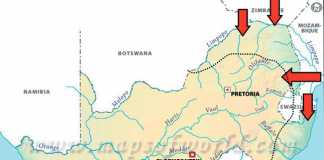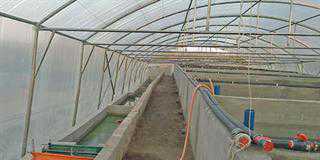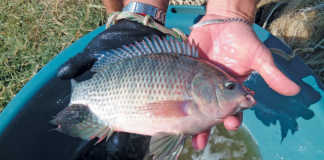I frequently receive enquiries from people interested in getting involved in aquaculture. Unfortunately, South Africa has few genuine aquaculture experts. Many so-called professionals can design your fish farm – at considerable cost – yet cannot show you a working commercial example of their design.
So, where do we source accurate, reliable information? The Internet is the obvious starting point. Google keywords such as ‘tilapia’, ‘warm-water aquaculture’ or ‘re-circulating aquaculture’, and you will receive an avalanche of information.
You will need to sort through the sites to find those that offer advice relevant to your local conditions. Much of the information is research-based rather than practical, but don’t be put off; you will find plenty of interest and gain a clearer understanding of where aquaculture is heading overseas.
There are also ‘chat groups’ where the various challenges facing fish farmers are discussed. It’s worthwhile joining one to see what other people are doing and to ask them questions if you wish. Having bookmarked useful (and reliable) Internet sites, the next step is to establish what sort of venture is viable for you – a full-scale commercial set-up, a pilot project, or a backyard venture.
The latter can be problematic. There is always temptation to try out a crude system at minimal risk and then scale it up into a commercial operation. But it doesn’t work like that, or else everyone would be doing it! Economies of scale come into play, changing everything. Also beware of university, municipal or research-based ‘demonstration units’. These are invariably not economically viable.
Get professional help – and pay for it
Instead, if you’re serious about fish farming, join a professional organisation (see below). And when seeking advice from an expert, be prepared to pay for it. I’m often asked if I can help in the drawing up of a business plan to secure funds for an aquaculture project. This is a time-consuming, site-specific job requiring expertise and competent writing skills – and it is unfair to be expected to do this for nothing.
If you want to do a project properly, be prepared to pay someone who is competent in drawing up a business plan that has a chance of securing you funding. Rural community projects are the worst offenders here, and are good examples of the ‘chicken-egg’ conundrum. The project’s initiators often do not have a clear idea of what they want to do, cannot find government expertise to help them, and cannot get into – let alone beyond – the business plan stage without funding.
Choose your training carefully
Training courses are a valuable source of information, but it’s important to choose the right one. Some organisations offer theoretical teaching without hands-on practical training. The course should cover both aspects. In the real world it is the practice, after all, that either makes or breaks a viable venture!
| Source of information | Type | Address |
|---|---|---|
| Internet | Begin by researching general and specific keywords, such as ‘tilapia’ and ‘re-circulation’, and joining chat groups. | www.google.co.za |
| The Aquaculture Association of Southern Africa (AASA) | General information | [email protected] |
| The Tilapia Aquaculture Association of SA | General tilapia culture information; supply sources | [email protected] |
| The SA Pet Traders’ Association | Specific | [email protected] |
| Ornamental, catfish, marron and other species | General information (within AASA) | [email protected] |
| University courses | Academic and research data (Rhodes Department of Ichthyology & Fisheries Science; Stellenbosch Department of Ichthyology; University of Limpopo Aquaculture Research Unit) | Approach the relevant institution |
| Theoretical training courses |
Specific and business information (ornamental, aquaponics, fish culture, system design) | Aquaculture Academy www.aquaafrica.co.za |
| Practical training courses (includes theory) |
Specific, practical and business information (ornamental, tilapia, system design, fish husbandry) | Rivendell Hatchery www.rivendellhatchery.co.za |
| Government extension | General basic information | Provincial departments of agriculture |
| Books and publications |
All types of information, general to specific, including manuals |
Rhodes and Stellenbosch universities; or Google ‘aquaculture manual’ |

